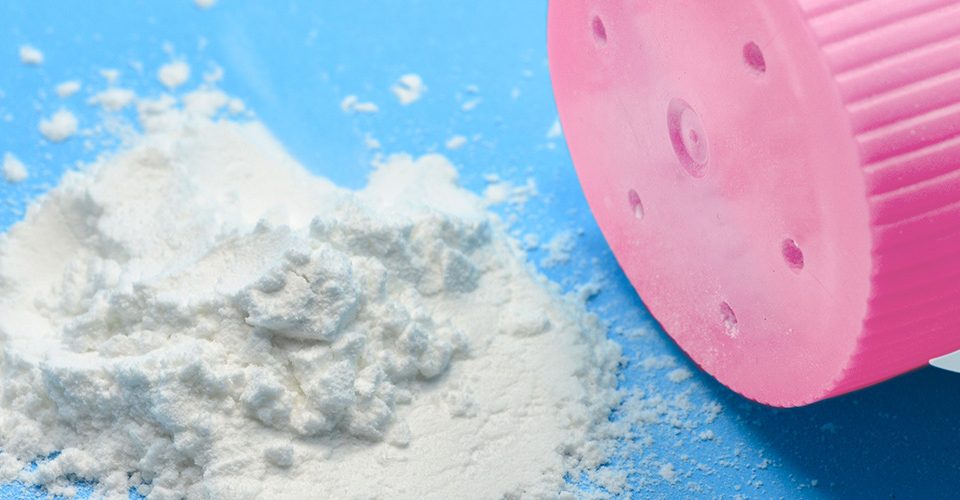Synthetic Marijuana Lawsuits

No Longer Accepting Cases
Matrix, Spice, K2, and other “fake weed” products
Although referred to as “synthetic marijuana” and “fake weed”, Spice (as it is commonly called) is, in reality, very different from organic marijuana. These products contain powerful and often unknown chemicals called cannabimimetics and have been shown to cause harmful physical and mental effects.
The drugs, often called Matrix, Spice, K2, No More Mr. Nice Guy, Mr. Smiley and other names, are made specifically to be smoked and abused. Similar to other illegal drugs, synthetic marijuana has no oversight, is not tested for safety, and users aren’t told exactly what chemicals the drugs contain.
Synthetic Marijuana Openly Sold In Stores
Many states were slow to make the product illegal, and spice could often be purchased at convenience stores and other small retail locations for a significant amount of time.
Before the drug was made illegal, Spice was openly sold at gas stations, smoke shops, convenience stores and online websites. The popularity of the drug has grown exponentially since it was marketed in 2009 but gained the most traction in late 2010 and 2011.
The product is often marketed in a manner inconsistent with it’s intended use. It is often labeled as plant food or herbal incense and is almost always labeled “not for human consumption”.
The product sometimes resembles dried herbs or possibly even sand. It is known to contain dangerous psychoactive chemicals that are not disclosed on the package. In some reports, the after-effects of using Spice included profound psychological effects that lasted for weeks or even months.
Spice users have reported that their experiences after consumption consist of elevated moods, relaxation, altered perception and some claim that the symptoms hit harder than marijuana. The most common effects from the drug are anxiety, paranoia, nausea and hallucinations.
Legal Action
Recently, the death of a 19-year-old Colorado man who died after smoking synthetic marijuana prompted a wrongful death lawsuit against the owners of a convenience store that sold the dangerous drug.
The makers of Spice, K2 and other similar synthetic drugs should be held accountable for the injuries caused by using their dangerous products. These synthetic drugs can be extremely dangerous and addictive. Health effects from the drug can be life-threatening and can include:
- Severe agitation and anxiety.
- Fast, racing heartbeat and higher blood pressure.
- Nausea and vomiting.
- Muscle spasms, seizures, and tremors.
- Intense hallucinations and psychotic episodes.
- Suicidal and other harmful thoughts and/or actions.
Poison center experts – as well as many federal, state, and local government officials – have called synthetic drug use a risk to the public’s health and a hazard to public safety. The harmful effects from these products were first reported in the U.S. in 2009. Since then, the drugs have spread throughout the country. Poison centers received 5,228 calls about exposures to these drugs in 2012 alone.
Poison control center experts have determined that using synthetic marijuana poses a significant health risk and a hazard to public safety. Beginning in 2009, harmful effects from Spice have been reported around the nation. The American Association of Poison Control Centers reported that in 2012 alone, more than 5,000 calls were made to poison centers concerning the use of Spice and injuries caused by Spice.
The U.S. Drug Enforcement Agency (DEA) added synthetic cannabinoids to the list of Schedule I class of drugs. All branches of the military have banned the use of synthetic marijuana by any service member, and while individual state laws vary, most have added it to their listing of controlled substances.
What Can You Do?
If you or someone you know has used one of these dangerous products and suffered injury, death, or harmful effects, call 1-800-BAD-DRUG right away. Important time deadlines may be in place and you could be eligible for a considerable award for compensation.


